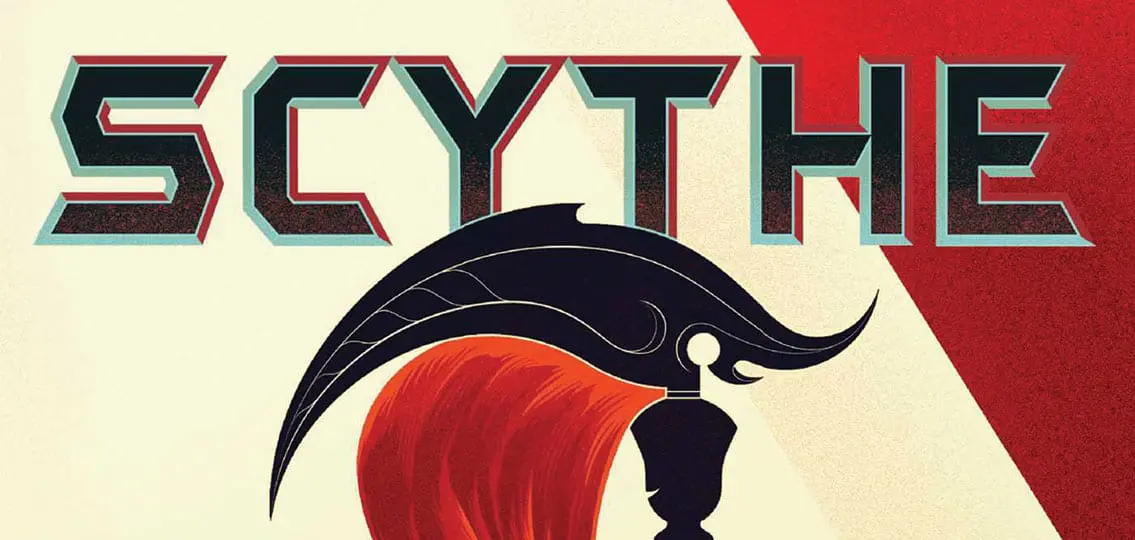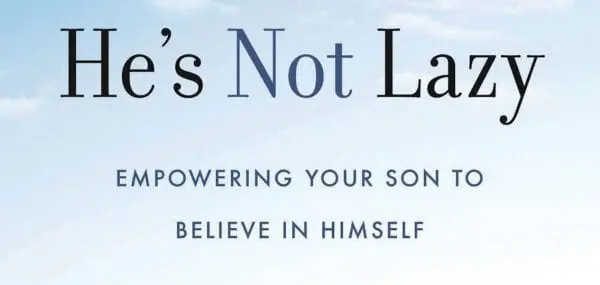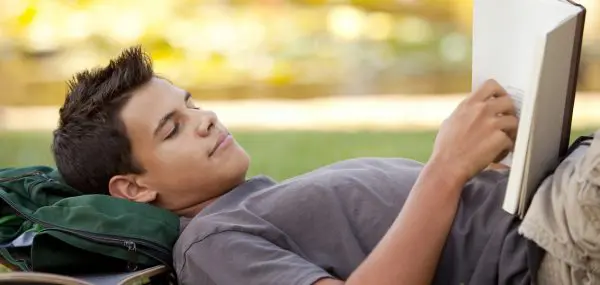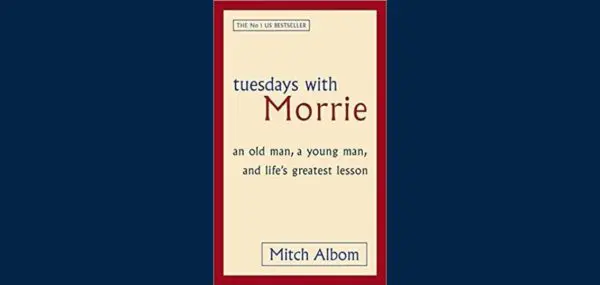For this mother and son, Scythe, Neal Shusterman’s near-future dystopian novel, proved to be an engaging road-trip audiobook—and, over the miles, provided plenty of fodder for thoughtful discussion.
PARENT REVIEW | by Jessica Lahey
Yes, yes, I know. Another dark, dystopian YA series. Another world in which kids are forced to kill and fight and sacrifice their humanity for survival. These stories have become, at least for me, less entertaining than disheartening. However, I’m glad I gave Neal Shusterman’s Scythe and its 2018 sequel, Thunderhead, a chance.
Scythe is set in a near-future world in which immortality (as well as resurrection of the dead, accelerated healing, and perfect pain control) has been achieved. In order to prevent overpopulation, human “gleaning” must occur, ideally in a random and unbiased process of selection, by government-sanctioned executioners, or Scythes.
The main characters in the novel, Citra and Rowan, have been chosen to apprentice under Scythe Faraday, a respected senior Scythe. They are reluctant participants in their training, but as time passes and power struggles emerge, their investment in the Scythedom deepens. Citra and Rowan must compete against each other, and the darker elements at work in the Scythedom, in order to find their way through their training. How will they approach the work of gleaning perfectly healthy humans, doling out death in an otherwise immortal world?
All Scythes, including apprentices, must keep a journal. It is through these writings that the reader gets a deeper understanding of the ethics, emotional toll, and reasoning at work in the minds of those who must, as a duty to humankind, kill other human beings. “We must, by law, keep a record of the innocents we kill. And as I see it, they’re all innocents. Even the guilty,” writes H.S. [Honorable Scythe] Curie, Citra’s mentor, and one of the most respected of the Scythes.
Admittedly, the plot is dark, but it offers valuable opportunities for the reader to consider questions about ethics, morality, and duty.
My son, Finn, and I debated many of these topics as we listened to the book during a long car trip. We landed in an uncomfortable yet mutually satisfying place, in which we admitted to the need for a Scythe-like entity in a population defined by immortality, but found great solace in an entry from Scythe Faraday’s Gleaning Journal:
“My greatest wish for humanity is not for peace, or comfort, or joy. It is that we all still die a little inside every time we witness the death of another. For only the pain of empathy will keep us human.”
Jessica Lahey is an educator and author of The Gift of Failure.
TEEN REVIEW | by Finn Lahey
Scythe is an incredible book—a fictional story that is grounded in reality. Unlike books that feel like a journey into some fantasy world, Scythe feels like it could be telling the future. The story may be dark at times, but it provides some fascinating, thought-provoking questions.
I love how it takes the way we think about life, reality, and the future and turns it on its head.
The storyline is never predictable or hard to follow. While reading the book, I felt engaged, and didn’t feel like I had to think too hard to understand the plot. I would highly suggest this book to anyone who wants an interesting read—and isn’t too afraid of a dark future.
Rather than sticking to the overused format of many teen fiction books, Scythe is completely original.
Unlike other teen books, Scythe actually raises questions about life and moral philosophy, presenting them in an interesting manner. It doesn’t feel like a textbook—far from it—but still has lessons to teach.
I never read a chapter and thought that it was shallow or plain; I always left with a sense of awe or a desire for introspection.
Scythe is a fascinating human story, highlighting our problems and failures. It does not give you a low opinion of humanity, but instead lets you consider your own conceptions of right and wrong, good and evil.
I would rarely suggest a book to my friends, but I did find that this one was worth discussion. It is what teen fiction should be—an interesting story that isn’t too complex or too simple. The book never feels patronizing. It doesn’t try to appeal to a particular audience; instead, it tries to be an honest piece of writing. Because of this, I would certainly suggest Scythe to anyone who wants to read an interesting and profound book that highlights the best and worst of people, while being a purely human story.
Finn Lahey is a ninth grader in Vermont.




